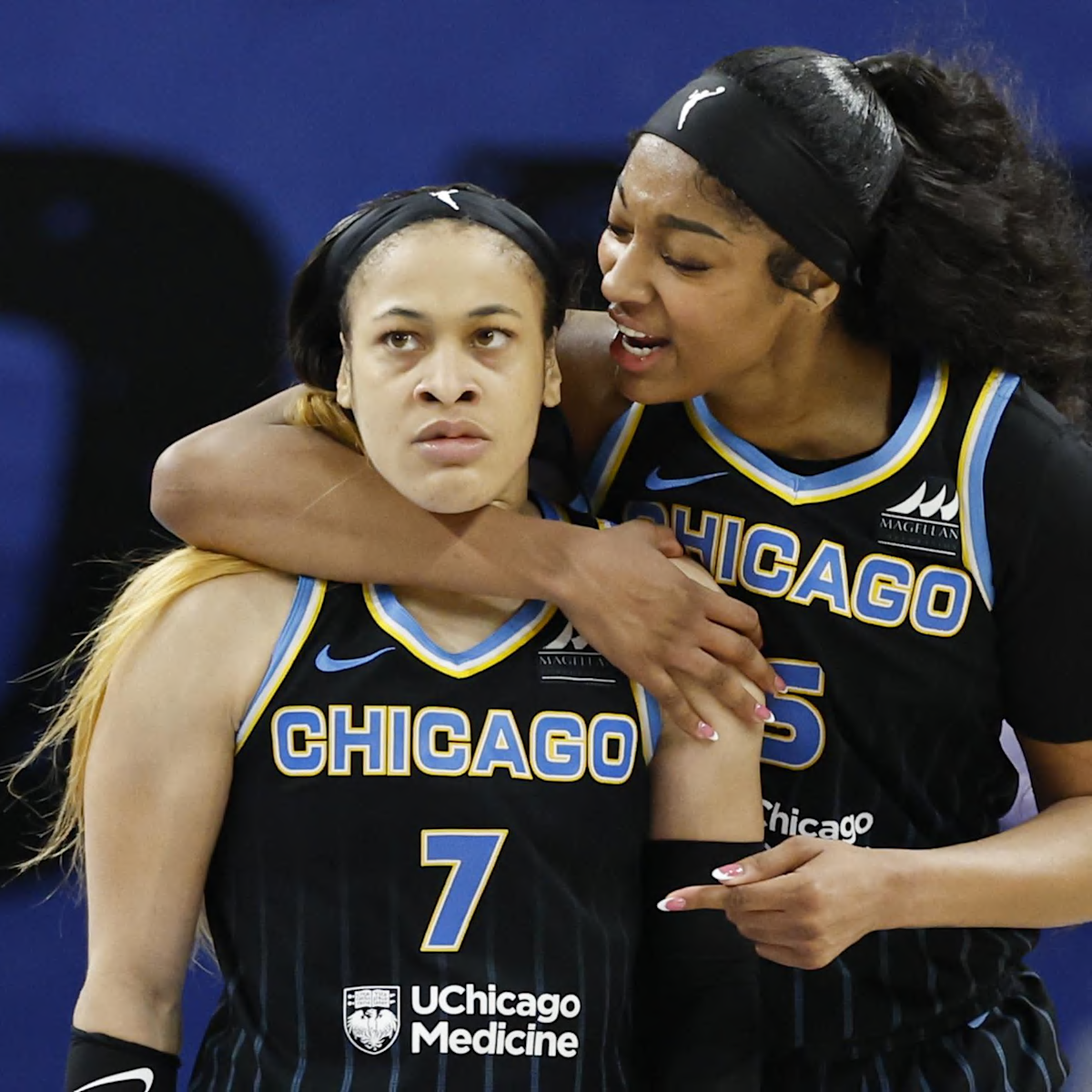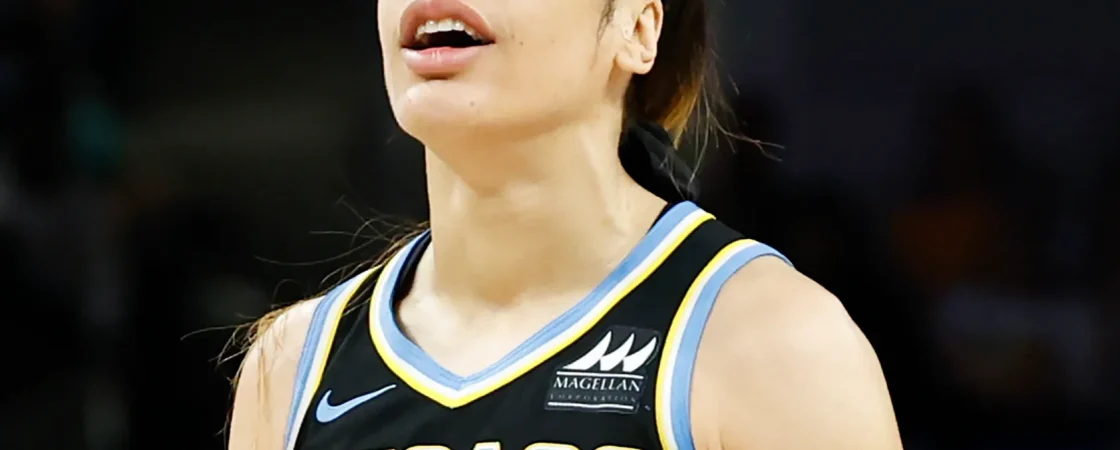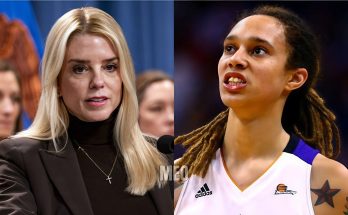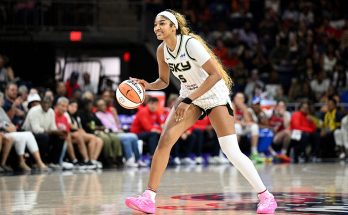The basketball world is in shock as two high-profile players, Angel Reese and Chennedy Carter, find themselves without a team after failing to secure contracts in the WNBA. What was once a promising career for both players has now taken an uncertain turn, leaving fans and analysts questioning whether this marks the end of their professional basketball journeys.

A Fall from Stardom
Angel Reese, a dominant force in college basketball, gained national recognition for her incredible performances at LSU, where she led her team to a national championship. Known for her rebounding ability, defensive presence, and fiery personality, she was expected to make a significant impact in the WNBA. However, despite the hype surrounding her transition to the professional level, things haven’t gone according to plan.
Similarly, Chennedy Carter, once viewed as one of the most electrifying guards in the league, has struggled to maintain a stable position in the WNBA. After being drafted fourth overall by the Atlanta Dream in 2020, Carter showed flashes of brilliance but soon faced issues with team chemistry, discipline, and consistency. Her talent was undeniable, but her inability to stay on a roster raised concerns among teams.

Now, with both players left unsigned, the question remains: What went wrong?
Why Did No Team Sign Them?
Several factors may have contributed to Reese and Carter’s current predicament.
1. Off-Court Issues and Reputation
Both players have had moments of controversy throughout their careers. Carter’s past disputes with teammates and coaching staff led to her departure from Atlanta, and she has since struggled to find a permanent home in the league.
Reese, on the other hand, has always played with intensity and emotion, which has made her both a fan favorite and a polarizing figure. While her confidence and outspoken nature made her a leader in college, some insiders believe that WNBA teams are hesitant to take a chance on a player who hasn’t yet proven herself at the professional level.
2. Struggles with Adaptation to the WNBA
College success does not always translate to the WNBA. The transition to the professional league requires adjustments in speed, physicality, and skill development.
-
Reese, despite her dominant rebounding ability, still needs to refine her offensive game to compete against elite WNBA defenders.
-
Carter, known for her scoring ability, has struggled to fit into structured team systems, making it difficult for teams to trust her in a long-term role.
3. Lack of Market Demand
WNBA teams operate with limited roster spots, meaning they can’t afford to sign players unless they fit a clear role. Many teams have chosen to invest in veterans or rookies with more well-rounded skill sets, leaving Reese and Carter on the outside looking in.
What’s Next for Reese and Carter?
With no teams signing them, both players are now at a crossroads.
-
Overseas Basketball: Many WNBA players extend their careers by playing internationally, where they can rebuild their reputation and improve their game. This could be a second chance for Reese and Carter to prove they still belong in the league.
-
G-League or Training Camps: Another option is working through the WNBA training camps or the G-League system, hoping to earn a midseason signing or a call-up when injuries occur.
-
Personal Development: If they want to return to the WNBA, both players must address the concerns teams have about them. For Reese, that means expanding her offensive game; for Carter, it’s about proving she can be a team player.
Final Thoughts: Is This the End?
While being unsigned is a major setback, it doesn’t have to be the end of Reese and Carter’s basketball careers. Many great players have faced similar challenges before making successful comebacks.
However, time is running out. If they want another shot in the WNBA, they must showcase their growth, discipline, and commitment to the game.
The next few months will be crucial—will Reese and Carter rise to the occasion, or will this truly be the end of their WNBA dreams?



